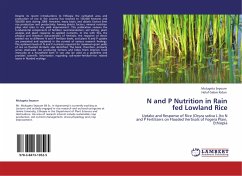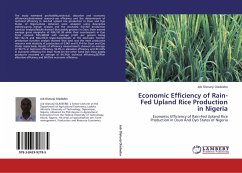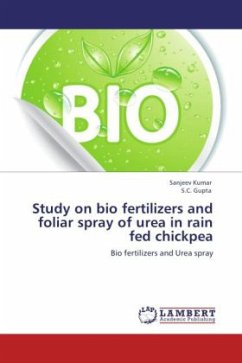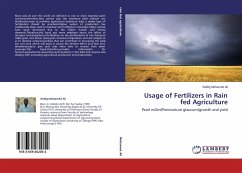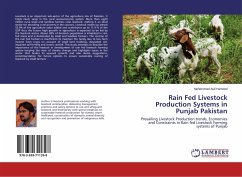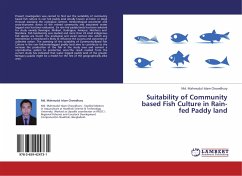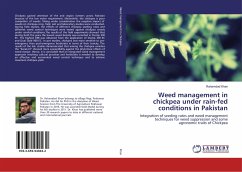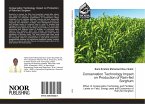Despite its recent introductions to Ethiopia the cultivated area and production of rice in the country has reached to 156,000 hectares and 500,000 tons during 2009. However, many biotic and abiotic factors limit rice production and productivity. Among abiotic factors, mineral nutrition plays vital roles in rice yield improvement. This publication reviews the fundamental components of fertilizer recommendation: soil testing, plant analysis and plant response to applied nutrients. In line with this, the physical and chemical characteristics of Vertisols, the response of direct seeded rice to different N and P fertilizer levels, and plant N and P uptake are presented and explained in the context of various research findings. The optimum levels of N and P nutrients required for maximum grain yields of rice on flooded Vertisols, also identified. The book, therefore, primarily serves small-scale rice producing farmers and helps them improve food insecurity at a household level. It can also be used as a guideline and provides scientific information regarding soil-water-fertilizer-rice related issues in flooded ecology.
Bitte wählen Sie Ihr Anliegen aus.
Rechnungen
Retourenschein anfordern
Bestellstatus
Storno

